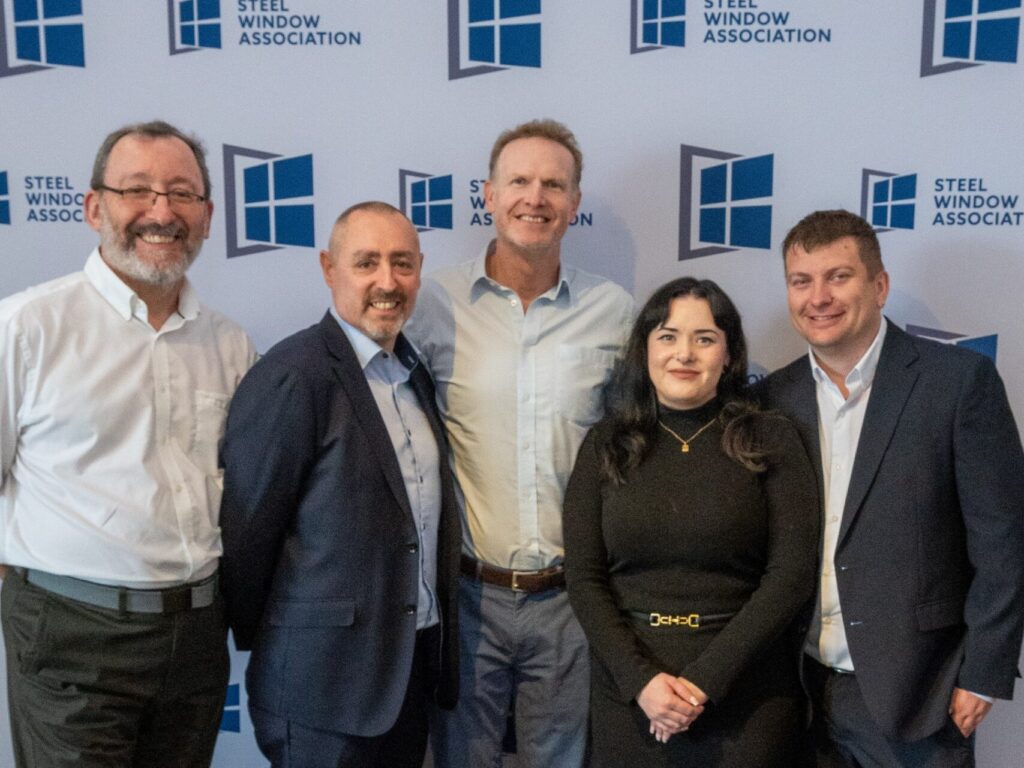It was back in October 2003 that the UK saw the introduction of one of the most important and controversial reforms in Landlord & Tenant legislation to date: the tenants’ Right to Manage (RTM).
The Commonhold and Leasehold Reform Act 2002 provided – and continues to provide – a right for leaseholders to force the transfer of the landlord’s management functions to a special company set up by them – the Right To Manage Company (RTM Co).
The driving aim behind the legislation was not just to provide a means for leaseholders to seize control of their block from an erring landlord, it also enabled those individuals that held the majority value in the building, ie the leaseholders, to take control of the destiny of their bricks and mortar investment.
The uptake in RTM has been reasonably significant over recent years, with numerous flat lessees (leaseholders of houses are not included in this legislation) benefitting from the change in law.
There are certain legislative criteria that the owners must comply with, including the fact that at least half of the flat owners must want to go through the process, one third must have long leases at the time of issue and less than one quarter of the floor area must be commercial. But whilst property owners bound by a lease have been the focus of this aspect of the law, it has also opened up opportunities for block developers.
Despite the slump in the residential and commercial property market over the last couple of years, freehold reversions of newly-developed property have often proven to be the financial incentive needed to spur entrepreneurs on to develop further. But while there may still be a demand for freehold sales, it is still a buyer’s market out there and professional freehold investors can be unwilling to take on the onerous service charge and administrative management of their potential purchase.
This is where a developer-established Resident Management Company (RMC) comes to the fore. A freehold can become significantly more saleable if the developer has had the foresight to set up an RMC with their flat purchasers at the point of sale, and has also retained the covenant for the freeholder to place buildings insurance, which is another opportunity for return on investment.
There are, of course, certain legal provisions to be met should a developer wish to set up an RMC for its block. These points can be relatively easy for a developer to overcome as, for example, agreement to the RMC can be stipulated as a pre-requisite of the flat sale to a lessee. This would include requiring all initial purchasers to consent to becoming a director of the RMC, enabling the developer to resign their own appointment as director when appropriate.
The RMC process is not particularly complex for developers to set up, although legal advice should always be sought. It should be noted that careful management of the RMC option should not affect the sale of the freehold, provided that the price is agreed with the freehold purchaser and contracts are exchanged before there is a 50% take-up of the leases.
If this doesn’t happen, then the sale is subject to Section 5 Consultation and the lessees have to be given the right of first refusal to buy the freehold at a particular price, along with two months to make up their minds on whether they wish to proceed or not. This delays completion of the sale and there is the very real potential for the deal to fall through.
If the RMC is to function successfully, particularly where there are six or more flats in the block, it is strongly recommended that the company employs a professional managing agent.
Such agents must be properly qualified and accredited, ideally by the Royal Institution of Chartered Surveyors (RICS) and the Association of Residential Managing Agents (ARMA). Curry & Partners is accredited by both organisations, with all relevant staff members of the Institute of Residential Property Managers (IRPM). We are bound by strict codes of conduct, including the maintenance of trust accounts to hold service charge money and the provision of professional indemnity insurance.
Based in Birmingham and working nationally, we offer the full range of property management services which developers would expect from a company of our experience and status. For new developments, for example, we can advise on initial service charge budgets, lease terms, health and safety and designing out future maintenance problems.
For established developments, our services include providing help with annual service charge budgeting, monitoring expenditure and credit control, maintenance,
consultation for major works, health and safety and building surveying, lease compliance, management company administration as well as buildings and other insurances.
We also offer a 24 hour dedicated repairs line and we carry out rigorous and regular property inspections on behalf of our clients to check on services and repairs. We ensure we hold regular meetings with block directors and can arrange AGMs for management companies.
We understand that the key to developer satisfaction is for us to work closely with them to maximize the efficiency and profitability of their projects, which covers the RMC option outlined in this article. Those developers who have the vision, skills and flexibility to work with us and explore potential profit opportunities, for both themselves and their lessees, are going to be the ones that will reap continued success in these testing economic times.











